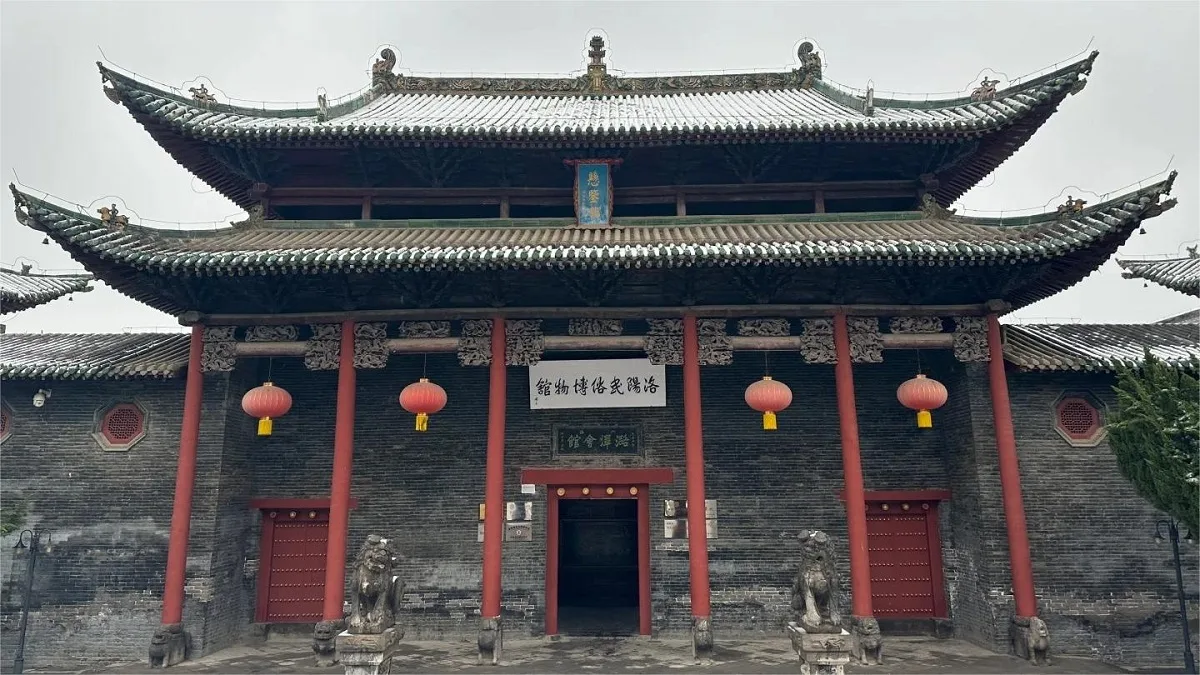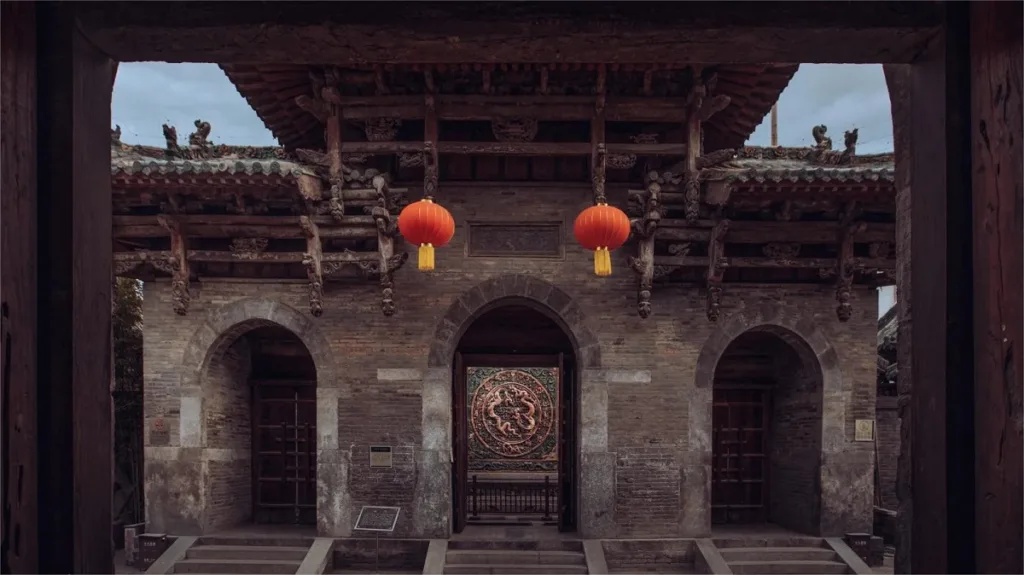The Folk Museum of Luoyang (洛阳民俗博物馆) is situated on the grounds of the prestigious Luze Guild Hall, a nationally designated key cultural heritage site. Originally established as the Guandi Temple in the ninth year of the Qianlong period of the Qing Dynasty (1744), the Luze Guild Hall comprises a series of well-preserved ancient architectural structures, including a dance hall, a bell and drum tower, connecting houses, corridors, main halls, rear halls, and side halls.
Converted into the Yuxi Museum in 1981, it was later repurposed as the Folk Museum of Luoyang in 1987 and opened to the public the following year. The museum’s collection comprises a total of 1,897 items, including four first-class artifacts. Today, the Folk Museum of Luoyang stands as the largest folk-themed museum in Henan Province, showcasing exhibits categorized into five main sections: religious customs, wedding customs, birthday celebrations, folk art, and embroidery.
Table of Contents
- Basic Information
- Location and Transportation
- Exhibitions in Folk Museum of Luoyang
- Vlog about Luoyang Folk Museum
- Attractions near Luoyang Folk Museum
Basic Information
| Estimated Length of Tour | 1 – 2 hours |
| Ticket Price | Free |
| Opening Hours | 9.00 – 17.00; Last admission: 16.30 Closed on Mondays |
| Telephone Number | 0086-0379-63961077 |
Location and Transportation
The Folk Museum of Luoyang is located at 433 Xinjie Street in the Old City District of Luoyang City. To get there, you can take bus 3, 22, 74, or V8, and get off at Xinjie Street Jiudu East Road Intersection Stop (新街九都东路口站).
Exhibitions in Folk Museum of Luoyang

The religious customs hall features displays of sixty common deities worshipped in the Luoyang region. Among them, the Triple-Bodied Buddha, crafted using the Ming Dynasty’s intricate gold-inlaid technique, stands at an imposing height of 4 meters, exuding solemnity and grandeur when backlit. Another notable exhibit is the Gold Thread Nanmu Pagoda, an invaluable Buddhist artifact from the early Qing Dynasty, standing 6 meters tall with eight sides and three tiers, adorned with 307 niches, each housing a Buddha figure, making it a rare treasure of Buddhist art.

The wedding customs hall recreates scenes from late-Qing Dynasty wedding ceremonies, featuring vividly colored clay sculptures of 21 wedding characters and a traditional suona band dressed in occupational attire. The display depicts the bride and groom, accompanied by relatives and friends, solemnizing their marriage in a traditional ceremony, while the bridal chamber is adorned with elegant furnishings, offering a lifelike portrayal of the literary aristocracy’s wedding customs at the time.

In the birthday celebrations hall, visitors can experience a lifelike recreation of a typical middle-class family’s birthday celebration during the late feudal society of Luoyang. The folk art hall is divided into four sections: craftsmanship, carving, paper-cutting, and shadow puppetry, featuring works inspired by mythology, folk tales, flora and fauna, fables, and jokes. Finally, the embroidery hall showcases over 400 items of Luoyang embroidery, including cloud-shoulder garments, lotus-leaf bags, sachets, waist mirrors, fan cases, hanging ornaments, embroidered strips, and clothing, renowned for their intricate designs, profound symbolism, exquisite craftsmanship, and diverse styles, presenting visitors with a feast for the eyes.






